Microbial Fuel Cells use urine to power a cell phone
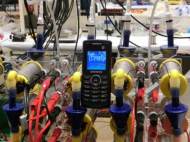 Researchers at the Bristol Robotics Laboratory (BRL), a collaborative research partnership of the University of the West of England and the University of Bristol, have developed a novel way to charge mobile phones by using urine as the power source which generates electricity. The system generates enough power to enable SMS messaging, web browsing and to make a short phone call.
Researchers at the Bristol Robotics Laboratory (BRL), a collaborative research partnership of the University of the West of England and the University of Bristol, have developed a novel way to charge mobile phones by using urine as the power source which generates electricity. The system generates enough power to enable SMS messaging, web browsing and to make a short phone call.
“We are very excited as this is a world first, no-one has harnessed power from urine to do this so it’s an exciting discovery. One product that we can be sure of an unending supply is our own urine”, said Dr Ioannis Ieropoulos, UWE Bristol expert at harnessing power from unusual sources using microbial fuel cells (MFCs).
The Microbial Fuel Cell is an energy converter, which turns organic matter directly into electricity, via the metabolism of live microorganisms. Essentially, the electricity is a by-product of the microbes’ natural life cycle, so the more they consume waste such as urine, the more energy they generate and for longer periods of time.
Unfortunately, the electricity output from MFCs is relatively small and the researchers had to use capacitors or super-capacitors to store and accumulate these low levels of energy for short charge/discharge cycles.
This is the first time anyone has managed to directly charge the battery of a device such as a mobile phone. By harnessing the power as urine passes through a cascade of MFCs, the researchers managed to charge a Samsung mobile phone. The researchers used 12 ceramic cylinders 10.2 cm (4”) long wired with a cathode and an anode. These cylinders were stacked in sets of three with each stack acting as a cascade – thus allowing continual charging while the urine passes through each cascade.
You probably noticed that after a day with increased number of calls on your cell phone, making a call on a mobile phone drains the battery much faster compared to other days. BRL researchers plan to develop new MFCs that could enable full charge of the battery and, thus allowing regular use of mobile phones. So far, the microbial fuel power stack generates enough power to enable SMS messaging, web browsing and to make a brief phone call.
As you can see from the images and the video above, the system isn’t compact and it requires improvement before it could be commercially used. The researchers believe that the technology has the potential to be installed into domestic bathrooms to harness the urine and produce sufficient electricity to power showers, lighting, electric razors, or small portable devices. They are currently bidding for funding to work alongside partners in the US and S. Africa to develop a smart toilet.
For more information, read the paper published in Physical Chemistry Chemical Physics: “Waste to Real Energy: the first MFC powered mobile phone“.

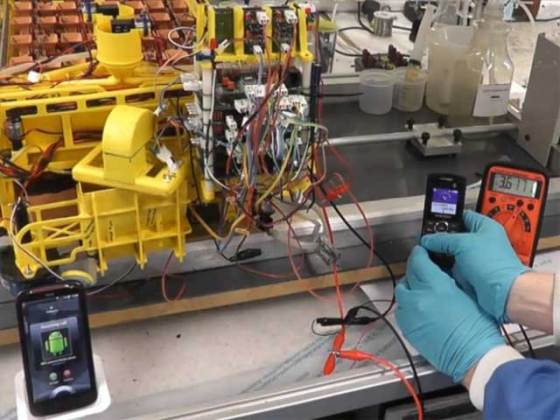


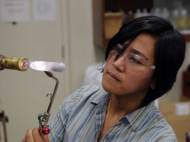
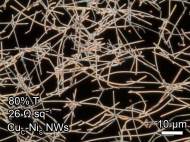
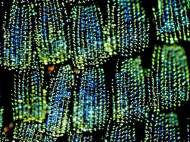
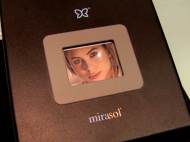
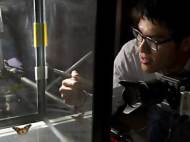
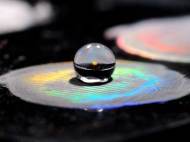
Police Officer: Hey there, what are you doing?!
Me: Nothing sir, I’m just trying to charge-up my phone for an important call!
Hahahaha
Good News for Diabetic patients.
Dr.A.Jagadeesh Nellore(AP),India